- Home
- Meetings
- 2023 in Irvine, California
- ISEMPH 2023 Program
ISEMPH 2023 program
A grid view of all specific events with dates, times, and abstractsA live overview of the schedule (the image below is not updated)

Plenary Speakers
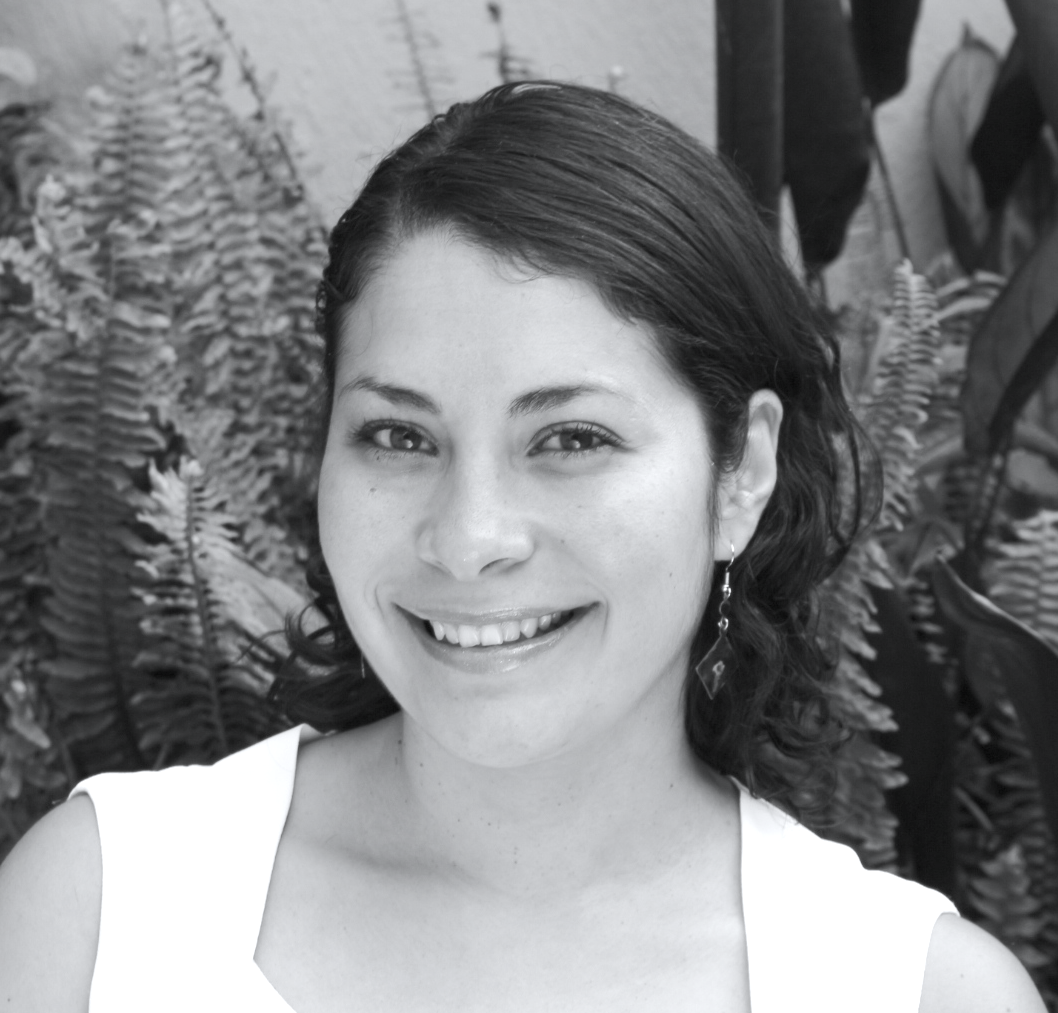

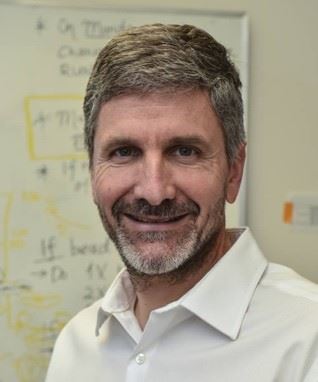
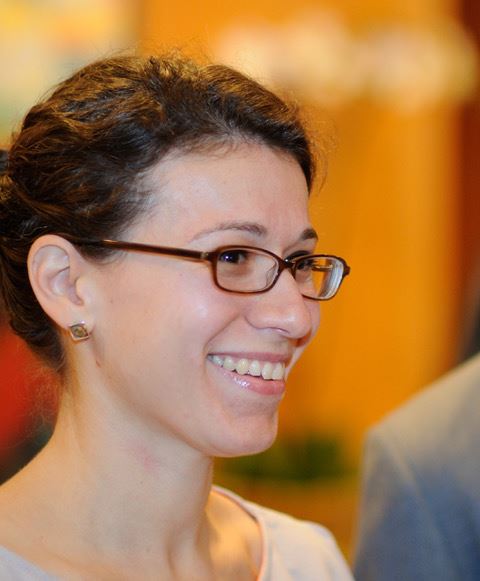
Special invited Ev Med @ UC Irvine symposium

Dr. Michael Rose, Distinguished Professor & Director of NERE, Ecology & Evolutionary Biology, School of Biological Sciences.
Website: https://www.faculty.uci.edu/profile.cfm?faculty_id=5261
Title: Aging; Immortality, and Diet
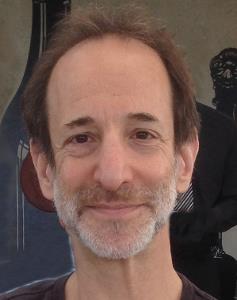
Dr. Steven A. Frank, Donald Bren Professor & UCI Distinguished Professor, Ecology & Evolutionary Biology, School of Biological Sciences.
Website: https://stevefrank.org/
Title: Disease from opposing forces in regulatory control

Dr. Tallie Z. Baram, Bren Professor, Distinguished Professor, Pediatrics, Anatomy & Neurobiology, Neurology, School of Medicine, Danette Shepard Professor of Neurological Sciences, Director, Conte Center @ UCI
Website: https://faculty.sites.uci.edu/baramlab/
Title: Why Mothers Matter: From Evolution to Principles of Brain Maturation
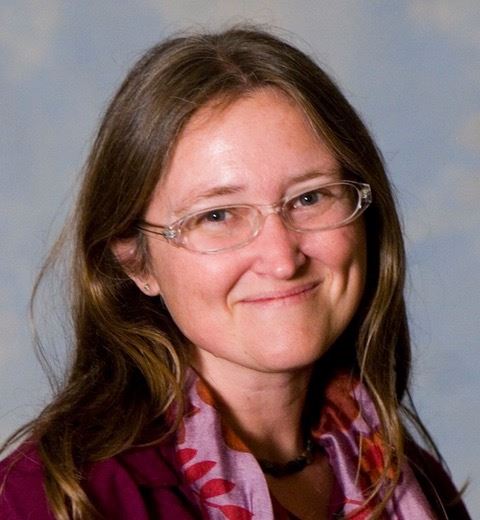
Dr. Katrine Whiteson, Associate Professor, University of California Irvine, co-Director of the UCI Microbiome Center.
Website: https://faculty.sites.uci.edu/whitesonlab/
Title: Better together: Bacteriophage Cocktails More Effectively Constrain Bacterial Growth
Talks by winners of the Omenn and Williams Prizes
The winner of the $5000 Gilbert S. Omenn Prize for the best 2022 article on evolution, medicine and public health in any journal.
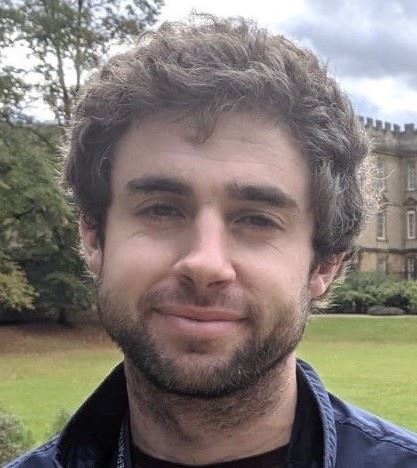 Palmer, J. D., & Foster, K. R. (2022). The evolution of spectrum in antibiotics and bacteriocins. Proceedings of the National Academy of Sciences, 119(38), e2205407119. https://doi.org/10.1073/pnas.2205407119
Palmer, J. D., & Foster, K. R. (2022). The evolution of spectrum in antibiotics and bacteriocins. Proceedings of the National Academy of Sciences, 119(38), e2205407119. https://doi.org/10.1073/pnas.2205407119
The first author, Jacob D. Palmer, will present the work at ISEMPH 2023:
The evolution of spectrum in antibiotics and bacteriocins
The Prize Committee also awarded Honorable Mention to: Two modes of evolution shape bacterial strain diversity in the mammalian gut for thousands of generations, by Frazão, N., Konrad, A., Amicone, M., Seixas, E., Güleresi, D., Lässig, M., & Gordo, I. (2022). Nature Communications, 13(1), 5604. https://doi.org/10.1038/s41467-022-33412-8
ISEMPH thanks this year's prize committee chair Caleb Finch, Committee members Koos Boomsma, Raghavendra Gadagkar, Steve Austad, Connie Mulligan, and Carol Worthman. The prize is made possible by Gilbert S. Omenn.
The winner of the George C. Williams Prize for the best 2022 article published in Evolution, Medicine, and Public Health
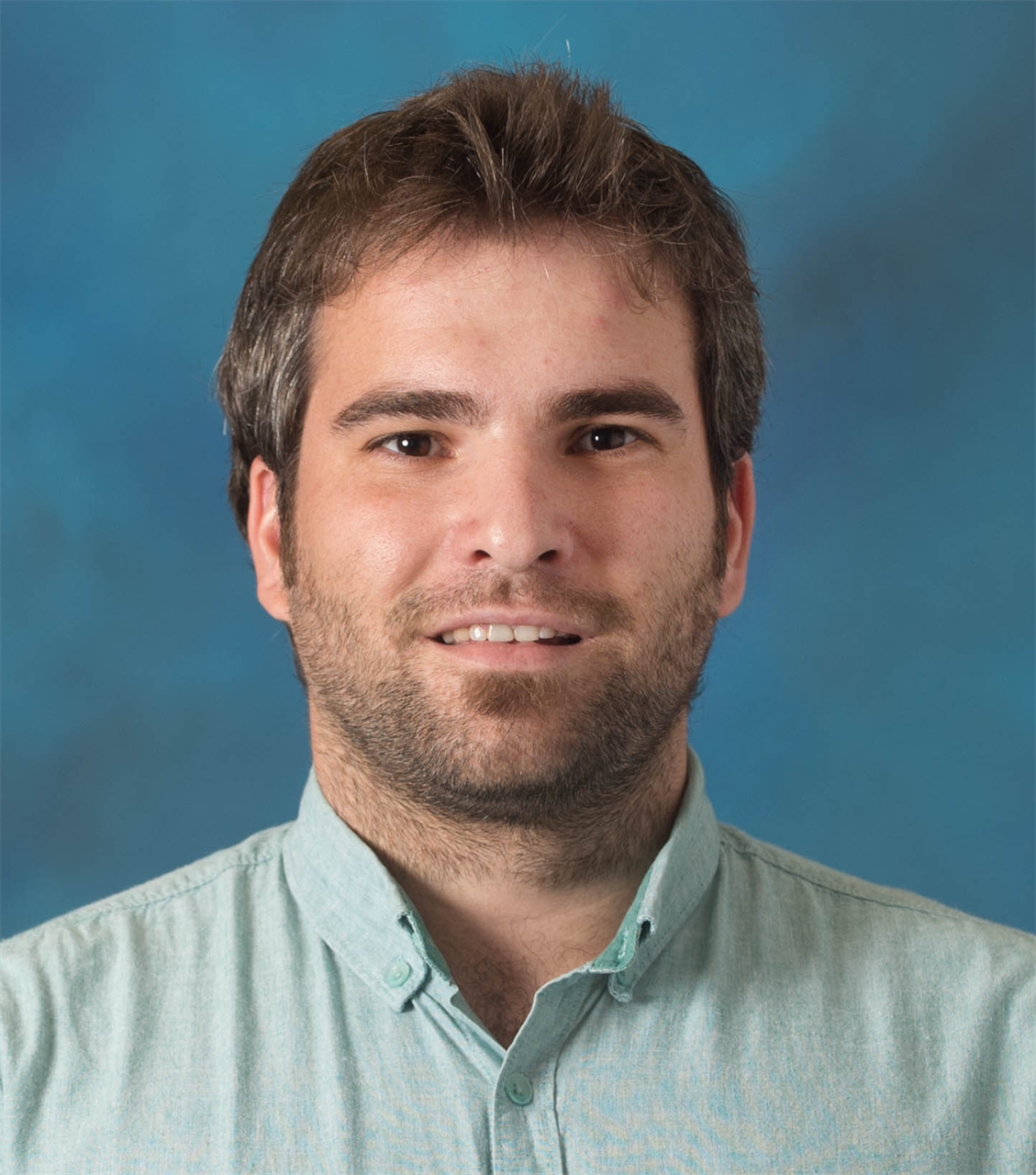
Evolved resistance to a novel cationic peptide antibiotic requires high mutation supply by Santos-Lopez, A., Fritz, M. J., Lombardo, J. B., Burr, A. H. P., Heinrich, V. A., Marshall, C. W., & Cooper, V. S. (2022). Evolution, Medicine, and Public Health, 10(1), 266–276. https://doi.org/10.1093/emph/eoac022
First authors Alfonso Santos and Melissa Fritz will present the work at the ISEMPH annual meeting in Irvine, California, 14-17 August 2023:
Experimental Evolution to Study the Evolution of Antibiotic Resistance
Warmest thanks to the Editor, Cynthia Beall, and the Prize Committee: Sylvia Cremer (chair), Bridget Alex, and Roderich Römhild and to donors who make the Prize possible.
Other program highlights
Other program highlights include a reception, a conference banquet, poster sessions with beverages and hors d'oeuvres, discussion groups, and several workshops and special symposia. And, of course, plenty of sessions with oral talks and discussion!
This year's meeting will have exceptional training and networking opportunities designed to accelerate the careers of early-stage investigators (students, postdocs/residents, and junior faculty). These include workshops devoted to science communication, such as publishing with popular media outlets (run by an editor at Sapiens magazine) and in ISEMPH's flagship journal (run by the editor-in-chief), as well as navigating graduate school and job hunting.

Program committee
- Alejandra Núñez-de la Mora, PhD (Chair)
- Molly Fox, PhD (Co-Chair)
- Adrian V Jäggi, PhD
- Liz Mallot, PhD
- Cristina Moya, PhD
- Nicolas Rohner, PhD
- Meredith Spence-Beaulieu, PhD
- Anne Stone, PhD
- Elizabeth W Uhl, PhD
